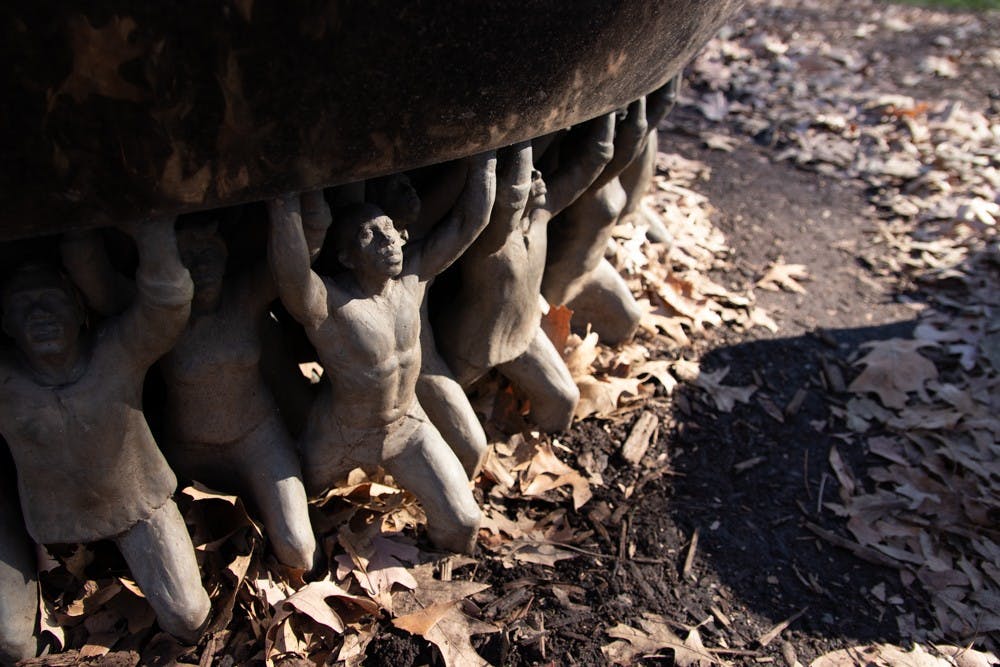Chancellor Kevin Guskiewicz formally announced the members of the new Commission on History, Race and a Way Forward last week.
Former Chancellor Carol Folt had a similar initiative with her Task Force on UNC-Chapel Hill History. Launched during fall 2015, the task force was created after the Board of Trustees renamed Saunders Hall to Carolina Hall in May of that year — and enacted a 16-year freeze on renaming buildings.
“When the trustees voted to change that name, they also asked the Chancellor to undertake a series of different projects that would help the community better understand the University’s history and better ways to tell it,” Cecelia Moore, former University historian and project manager of Folt's task force, said.
Moore said the task force’s responsibilities included inventorying historical names and places around campus, establishing an exhibit inside Carolina Hall and developing contextualization markers for historical objects on McCorkle Place.
“We faced the challenges of time itself because both the Chancellor and her senior staff, as well as the trustees, wanted us to work fairly quickly,” Moore said. “It’s very hard to do some of that stuff quickly because you have to do a lot of historical research.”
Moore said people’s hope that the task force would move quickly did not always work with reality, especially since Silent Sam and the Unsung Founders Memorial were among the objects they were attempting to bring historical awareness to.
“It was hard to talk about University history without the Confederate monument being the center of every conversation,” Moore said. “And, as time went on, until August 2018, that just only intensified.”
Especially after the University’s recent $2.5 million Silent Sam settlement to the North Carolina Sons of Confederate Veterans, some are hoping Chancellor Guskiewicz's new commission can work to reconcile issues within UNC’s history.
“This is such an important issue and has become so vexing on this campus, so I think time will only tell if this commission can contribute to the resolution — if that’s the appropriate word — for some of these deeply rooted issues,” W. Fitzhugh Brundage, professor in the Department of History, said.



